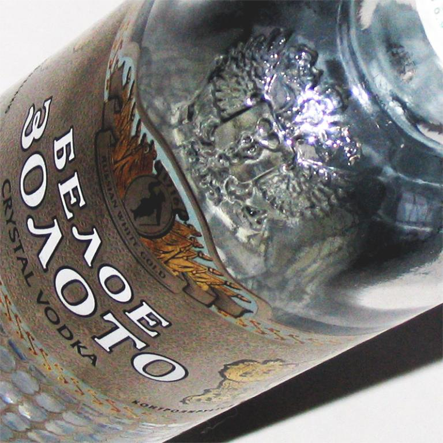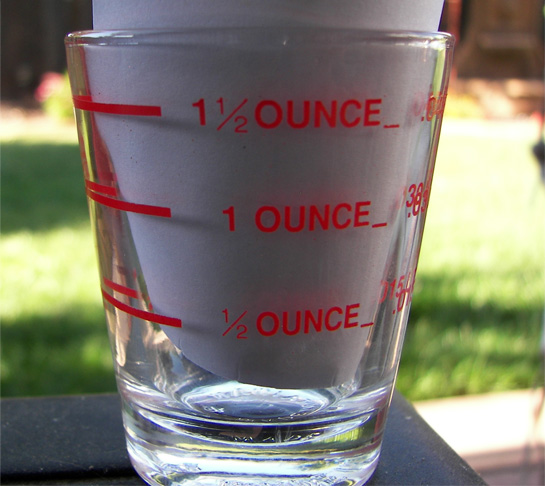Where did Vodka come from?
The exact time in history when vodka was invented isn’t 100% certain. According to the Encyclopedia of Russian History, vodka arrived in Russia sometime in the late fourteenth century. When it became popular, drink shops, called kabaki, sprung up in the fifteenth century to distribute to the public. However, according to the Gin and Vodka Association (GVA), vodka (coming from the Russian word “voda” meaning water), was available in Russia as early as the ninth century.
There are also early findings of vodka in Polish history. In the eleventh century, Polish created a substance which they called “gorzalka”, which was originally used for medicinal purposes. In 1534, Stefan Falimierz wrote in his works on herbs that vodka could be used to increase fertility and awaken lust! I’m sure there’s a few reading this right now that can relate with that from their past experiences… So then who really invented vodka? There appears to be more textual evidence that Russia developed the vodka that we are most familiar with today. However, the earlier findings by the Polish, describing a clear elixir, could be linked to this alcoholic beverage as well. Maybe I’ll just have to go to Poland one day and settle this debate once in for all! For a good choice of hotels with discount prices, visit Accommodation Warsaw for more information.
It is worth mentioning that while Vodka was being developed, there was also strong influence of the government to control distillation and use it as a means of state funding. Looking back to the late fifteenth century, the current Tsar of Russia, Ivan the Third, introduced a state monopoly on the production and selling of vodka. Distilleries would pay taxes to the state in exchange for owning their facility.
Vodka in the 1800’s
When the Patriot War of 1812 arrived and the Russian treasury was lacking funds, the government introduced a state monopoly over the vastly large Russian empire (except for Siberia, where it was useless to try and control the leaseholders). In Poland, the vodka distilleries were ran by the nobility and clergy. They still paid taxes but evaded government control until 1925, when the country was fully monopolized by the state.

The Russian monopoly of vodka was finally repealed in 1863. The prices plummeted and made vodka readily available to all class of citizens. Vodka consumption soared and it soon became a staple beverage that every person should have at home. Social rituals were formed such as “wetting the bargain”. In the late 1890’s, it became an unwritten rule that a drink of vodka would be shared once any deal was struck. If you’ve seen any old school film featuring Russian mobsters, you’ll see them finish deals my taking shots of vodka.
Vodka in the 1900’s
By 1911 vodka comprised of almost 90% of alcoholic beverages consumed. This level has fluctuated a bit since then, but vodka is still the majority of the population’s drink of choice. The Polish government monopoly on vodka ended after the success of the Solidarity Movement (which extended all the way in to 1980’s), where all distilleries were privatized. This has lead to a large push in Polish brand vodkas, both overseas and in Poland. Vodka is still a national favorite of the Polish.
There are still many other fun facts and many parts of the vodka that I most likely left out, but this was meant to give you a glimpse into the rich history and culture that an alcoholic beverage can have. I’m sure there’s plenty more information you can find on this subject but hopefully you remember a couple snippets from this article to show off to your friends the next time your taking shots!
A Short History of Vodka, Vodka Only Vodka Drinks, Cocktails, and Reviews
Vodka Only Vodka Drinks, Cocktails, and Reviews




